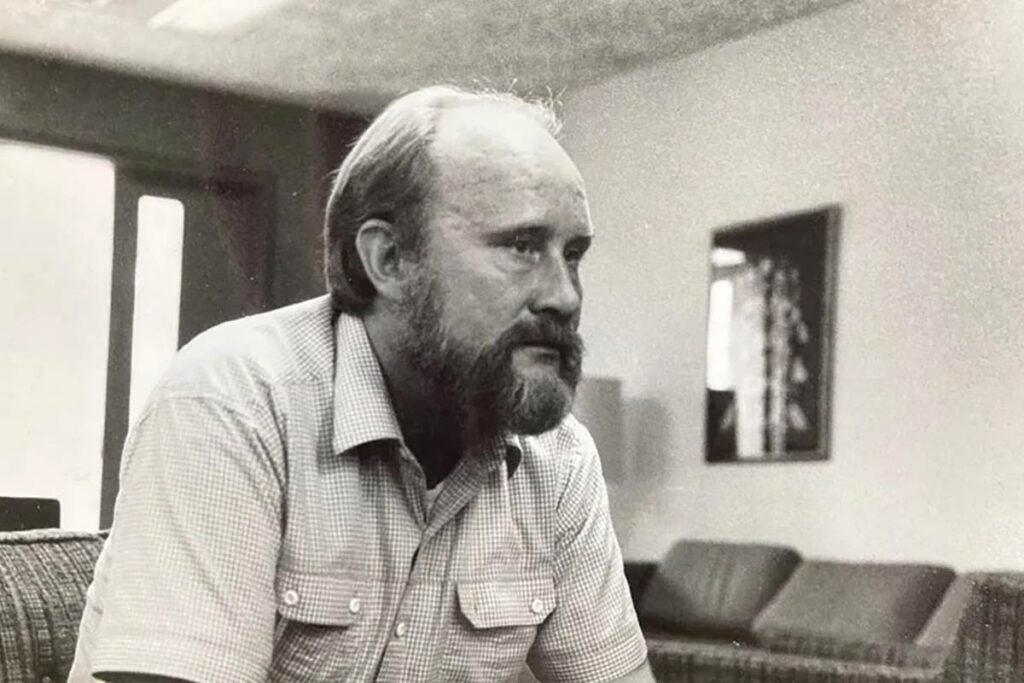A Legacy of Inquiry

Dr. Phil Hefner leaves a lasting mark on religion and science
“I call my view of nature and naturalism a ‘God-intoxicated’ concept,’” Theologian Philip Hefner wrote for Covalence in 2011.
Hefner, who passed away at his Chicago home on April 27, 2024, will be remembered for his belief in, “an expansive view of nature.” That framework challenged theologians, ethicists, scientists, and other ELCA community members to reexamine their role as stewards of nature, and to consider that science and faith could coexist and be mutually enriching.
Throughout his long and distinguished career, Hefner emphasized that science, far from diminishing the human spirit, expands our understanding of it, revealing the depth and complexity of our existence within the divine creation.
The lasting impact of his work continues to shape the thinking and practice of theologians, scientists, and members of the broader community who continue to embrace Hefner’s teachings on the ways religion and science can co-inform each other.
Born in 1932, Hefner’s early life was shaped by his experiences within the nurturing community of Messiah Lutheran Church in Nebraska, followed by his academic journey through Midland Lutheran College.
Eventually becoming a Fulbright scholar in Tübingen, Germany, then a graduate of the University of Chicago, Hefner was ordained in the United Lutheran Church in America in 1962. He joined the Lutheran School of Theology at Chicago in 1967, where he dedicated his life to teaching and publishing numerous articles and books that fostered the dialogue between theologians and scientists.
At the heart of Hefner’s theology was the concept that human beings are “co-creators” with God. This notion, which first emerged in his writings in the 1990s, encapsulated his belief that while humans are intrinsically connected to the rest of creation, their advanced capabilities provide them with a greater responsibility to the world around them.
This idea was at the heart of Hefner’s work as he founded the Zygon Center for Religion and Science in 1988 and served as the editor of Zygon: Journal of Religion and Science for two decades. Through these roles, he became a pivotal figure in the field, contributing significantly to the discourse on humanity’s responsibilities in an increasingly technological society.
The dialogue between religion and science that Hefner championed remains as relevant today as it was when he started his career. In recent years, the public discourse on these topics has become more urgent, particularly in the context of climate change and environmental stewardship.
The University of Chicago, a neighboring institution to LSTC and a collaborator in many of Hefner’s initiatives, continues to be at the forefront of research on climate change. This ongoing work exemplifies the kind of interdisciplinary approach that Hefner advocated, as experts come together from various fields to address the most pressing issues of our time.
Hefner’s legacy is a testament to the importance of integrating faith with scientific inquiry. His work reminds us that our understanding of the world is enriched when we consider both the spiritual and the empirical dimensions of human experience.
As we confront the challenges of our contemporary world, from environmental crises to technological advancements, we can remember Hefner’s vision, marked by the hope that we, “recognize the revelation of science, [which shows] us what God has done, what God wants to do now and what God intends to do.”